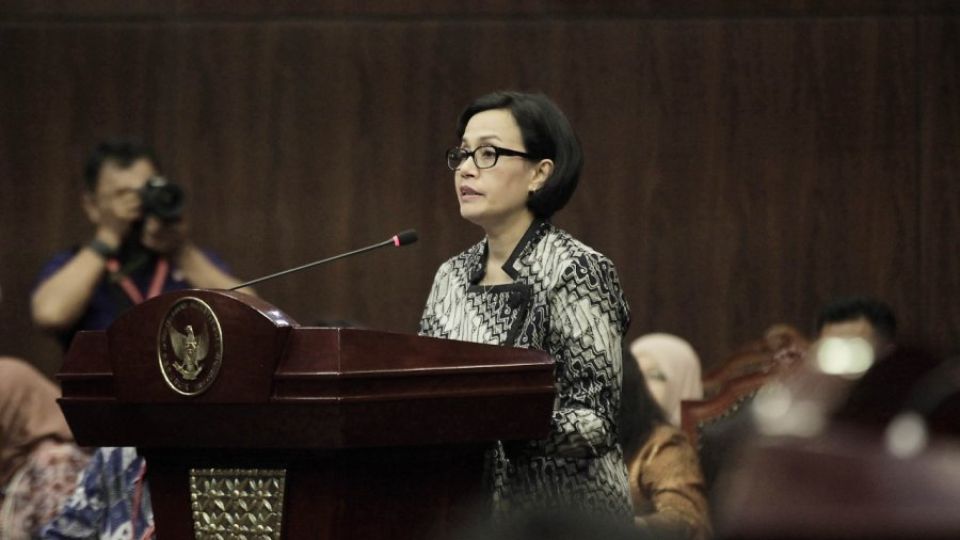June 27, 2023
JAKARTA – Lower world commodity prices will impact state revenue this year, the Finance Ministry has said, as the sector accounts for a significant portion of the government’s tax and nontax income.
The ministry’s taxation director general, Suryo Utomo, said on Monday that the impact would likely be felt in corporate income tax, as firms in the commodities sector would pay less to the state. He added that the government had taken this into account in its revenue projections for the year.
According to ministry data, corporate income tax typically accounts for 28.7 percent of state tax revenue.
“The moderation of commodity prices is inevitable. […] We will monitor commodity prices, as they will impact income tax,” Suryo told reporters at a media briefing on the state budget.
Thanks in large part to high commodity prices, annual state revenue jumped by more than 30 percent last year, to Rp 2.62 quadrillion.
The windfall allowed the government to spend more on fuel subsidies to contain inflation, among other initiatives. It also saved some of the funds to be used this year.
Experts have previously warned that lower commodity prices will affect state revenue this year and have urged the government to limit unnecessary spending.
Fiscal Policy Agency (BKF) head Febrio Nathan Kacaribu said the government had been prepared for a decline in commodity prices when it formulated the current state budget in 2022.
He said the current trade situation was “better than anticipated”, as Indonesia had booked trade surpluses for 37 months in a row.
“Going forward, [we will continue] anticipating the risks that remain,” said Febrio at the same event on Monday.
In May, state revenue collection was up 13 percent year on year (yoy), at Rp 1.2 quadrillion (US$79.94 billion). April’s figure was up more than 17 percent yoy.
Meanwhile, some Rp 1 quadrillion of the state budget had been spent as of May, roughly 32 percent of total planned spending this year.
May’s monthly budget surplus of Rp 204.3 trillion made for five consecutive months of surplus. The figure was slightly lower than the previous month’s surplus of Rp 234.7 trillion, according to ministry data.
“State budget performance as of the end of May remained positive,” Finance Minister Sri Mulyani said at the same event.
May’s surplus was equivalent to 0.97 percent of GDP and was 54.5 percent higher than what the country had booked in same month last year.
Sri Mulyani said Indonesia was better off than many of its peer nations, as the World Bank and IMF had forecast general economic weakening amid global uncertainties.
She said Indonesia had enjoyed GDP growth above 5 percent yoy for six quarters in a row, the latest being 5.03 percent growth in the first quarter of this year.


